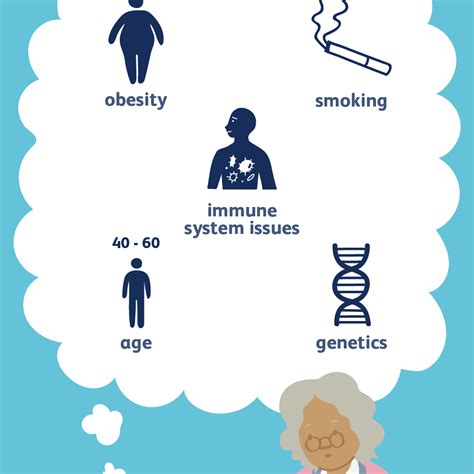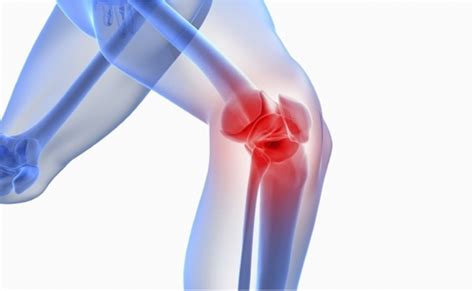A herniated disc, often referred to as a “slipped disc”, occurs when a segment of the spinal disc bulges or ruptures, putting pressure on the adjacent spinal nerve. This can lead to intense pain and various other symptoms depending on its location – cervical, thoracic, or lumbar spine. But what causes these herniations and how are they treated?

Causes of Herniated Discs
Various issues can lead to a pinched or affected nerve, including a herniated disc, spinal stenosis, or degenerative disc disease. Notably, age-related degenerative changes in the spine account for a staggering 70% to 90% of all cases. Over time, these changes can manifest as:
Narrowing of the disc space.
Bulging of the disc contour.
Calcification of the disc and vertebral margins leading to spurs.
Both disc herniation and cervical spondylosis are considered degenerative processes. These are age-related changes of the spine that happen due to aging and wear and tear. It’s worth noting that a bulging disc, which occurs when the outer wall of the disc weakens but doesn’t rupture, can be a precursor to a herniated disc. Too much pressure can rupture a bulging disc’s outer wall, leading to herniation. Learn more about disc conditions.
Treatment Options
When it comes to treatment, the initial approach is typically conservative. A majority of herniated disc cases – around 90% – will see the pain subside on its own within six months. During this period, doctors often advise taking over-the-counter pain relievers and avoiding activities that intensify the pain or discomfort.
For those who need further intervention, there are several options available. One of the common treatments for back pain caused by a herniated disc is an epidural steroid injection. These injections place corticosteroids, potent anti-inflammatory medications, into the epidural space, significantly reducing inflammation around the irritated nerve. Find out more about epidural injections.
In cases where pain persists or worsens, surgery may be considered. One such surgical procedure is a discectomy, a form of spinal decompression surgery specifically designed to treat herniated discs. The primary objective of the surgery is to remove the disc material that affects the nerve. While it’s generally a safe procedure, there’s a 5% to 10% chance that surgery might not alleviate the pain or could even worsen it. Discover more about discectomy.
Conclusion
While the prospect of a herniated disc might seem daunting, it’s reassuring to know that there are multiple treatments available. From conservative approaches to surgical interventions, patients have a range of options to consider. Always consult with healthcare professionals to find the best treatment plan for your specific needs.


